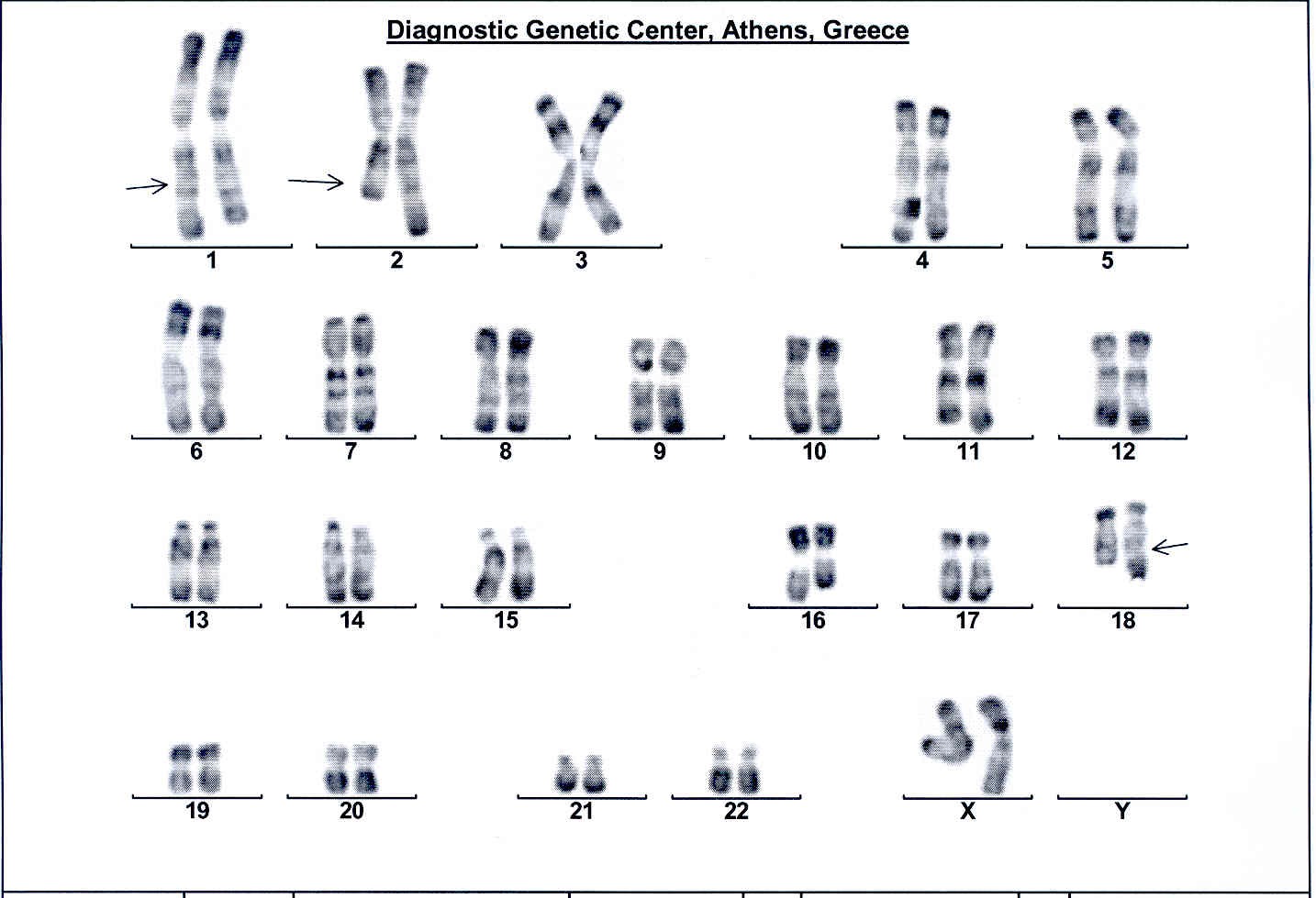This test is typically performed in individuals with reproductive problems, such as male or female infertility with known or unknown etiology and in couples with multiple miscarriages, especially in the 1st trimester. It is possible, for example, that the test may reveal a numerical abnormality of the X and Y sex chromosomes in all cells or in a proportion of cells, which cause mainly reproductive problems.
It is also possible that the karyotype may reveal a balanced structural abnormality, e.g. a translocation or inversion, and although this finding may have no consequence for the health of the individual, it does however mean that he is at increased risk of having chromosomally abnormal embryos, leading to pregnancy loss or (less frequent) to the birth of an affected child.
Therefore, this test is requested and applied routinely for the identification of carriers of structural chromosomal aberrations and as a routine test for all couples undergoing assisted reproduction – IVF.
Peripheral blood karyotype, as applied by InterGenetics, can identify numerical and structural chromosomal abnormalities through high-resolution karyotype analysis (RTBG, 550-850 bands), from at least 20 metaphases. In cases where mosaicism is suspected, a minimum of 100 metaphases are analyzed.
